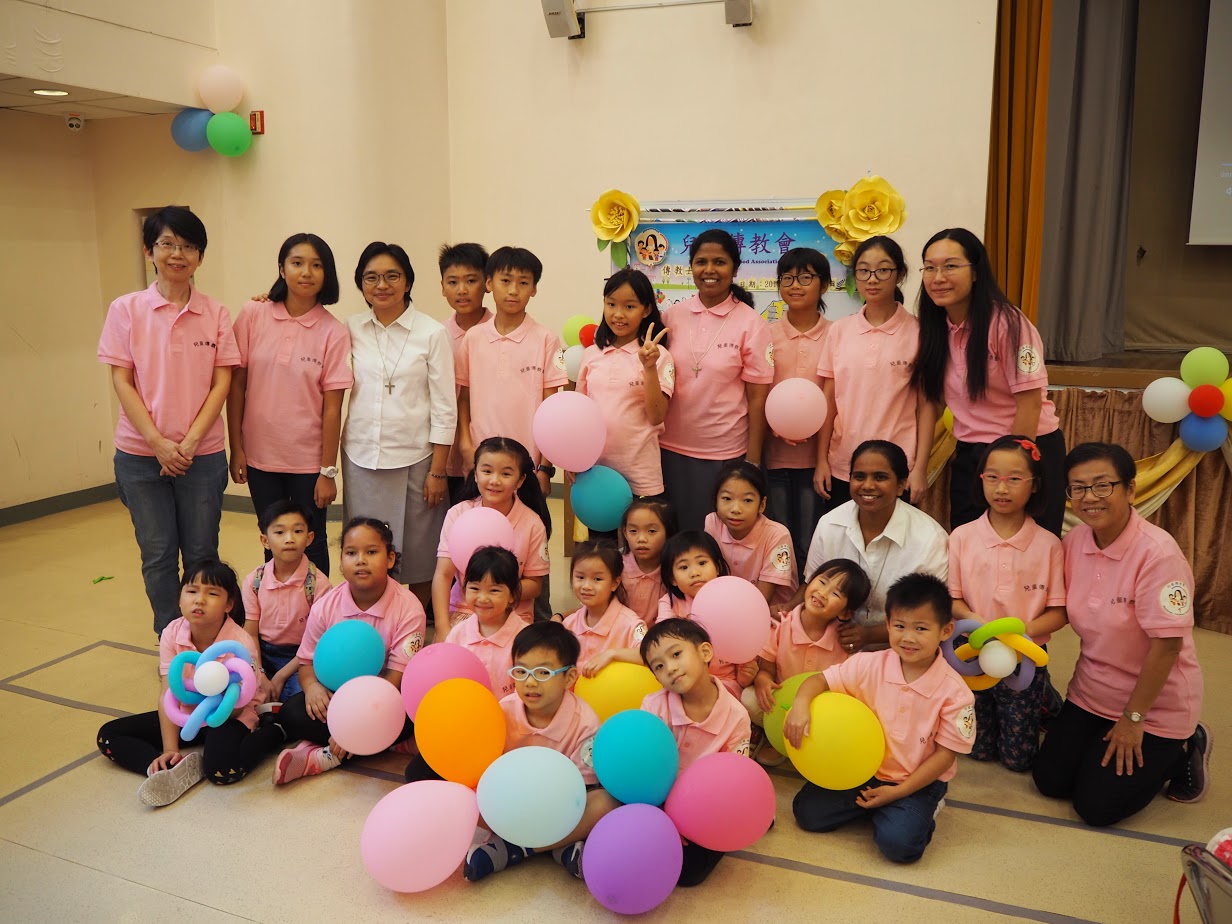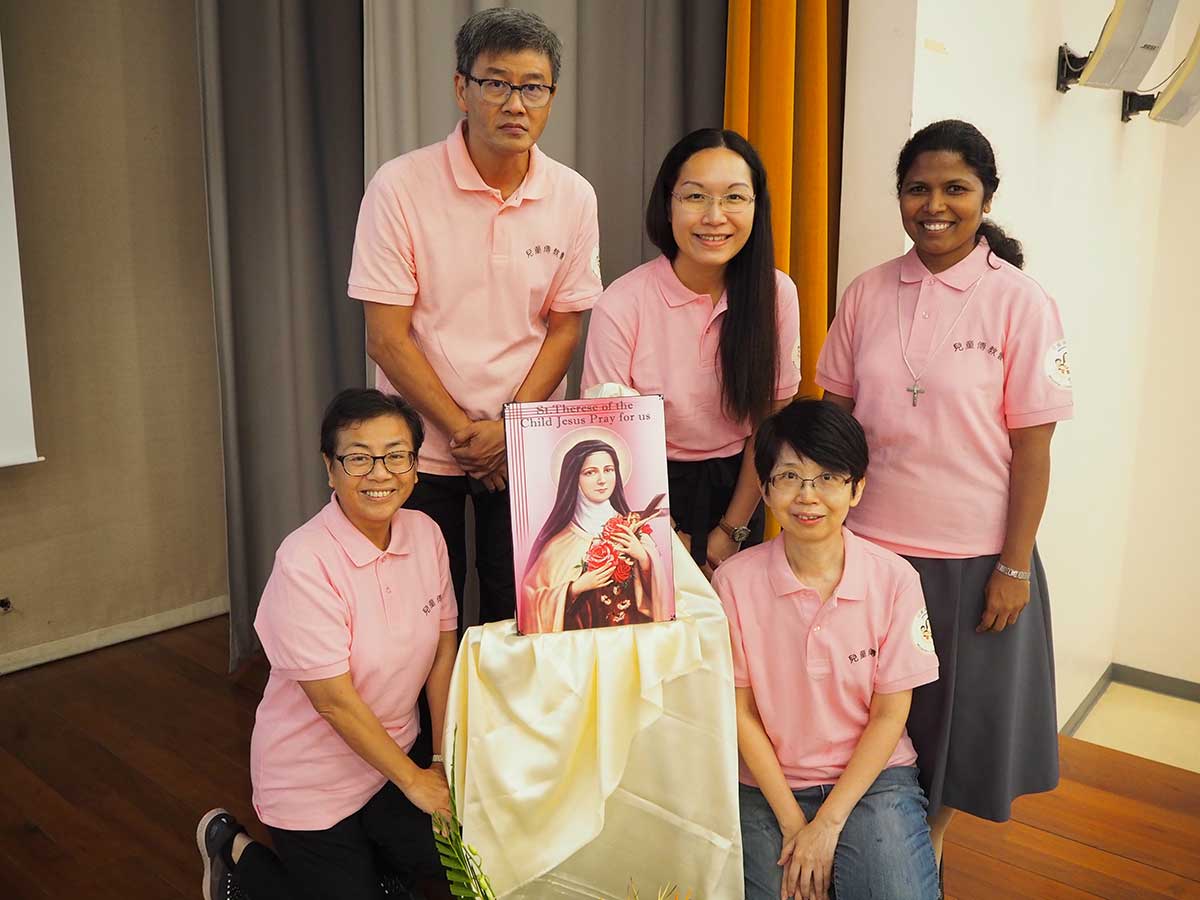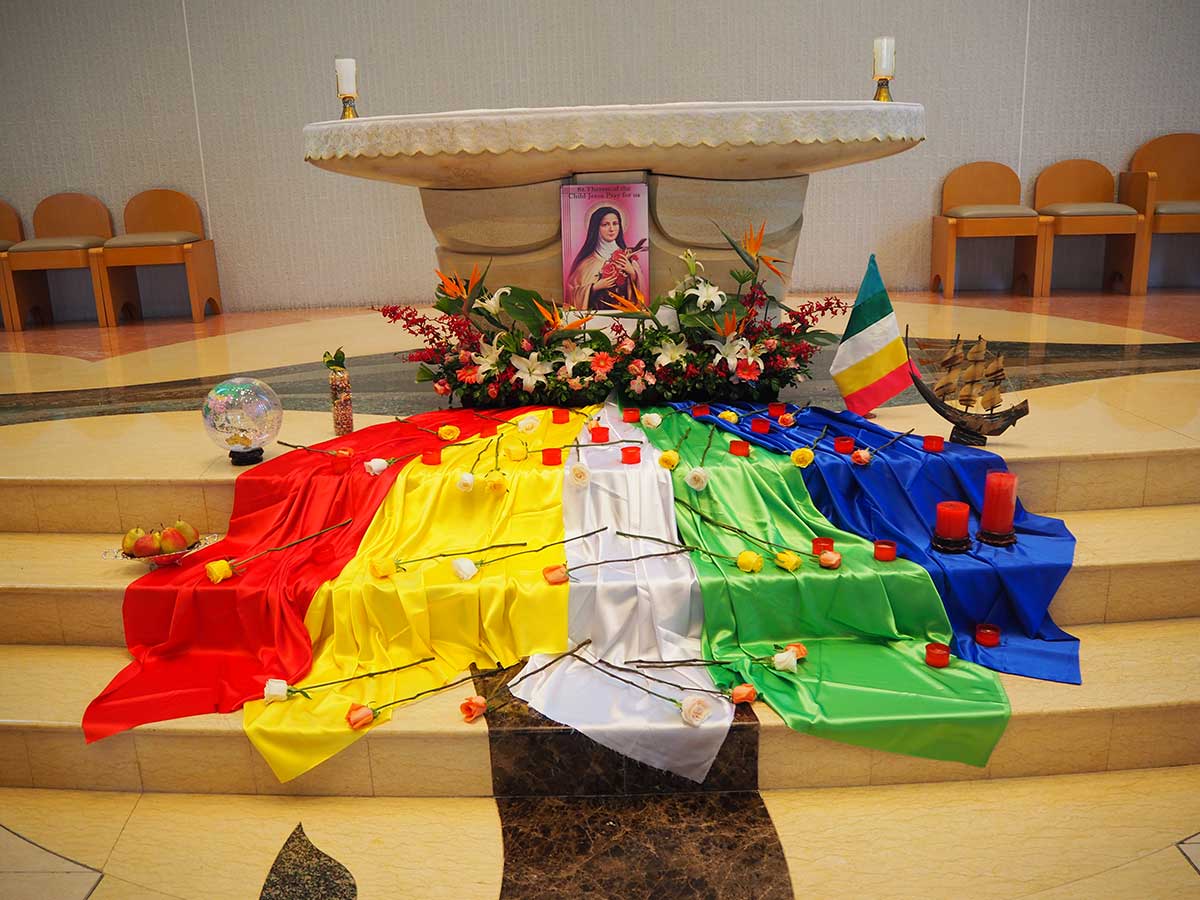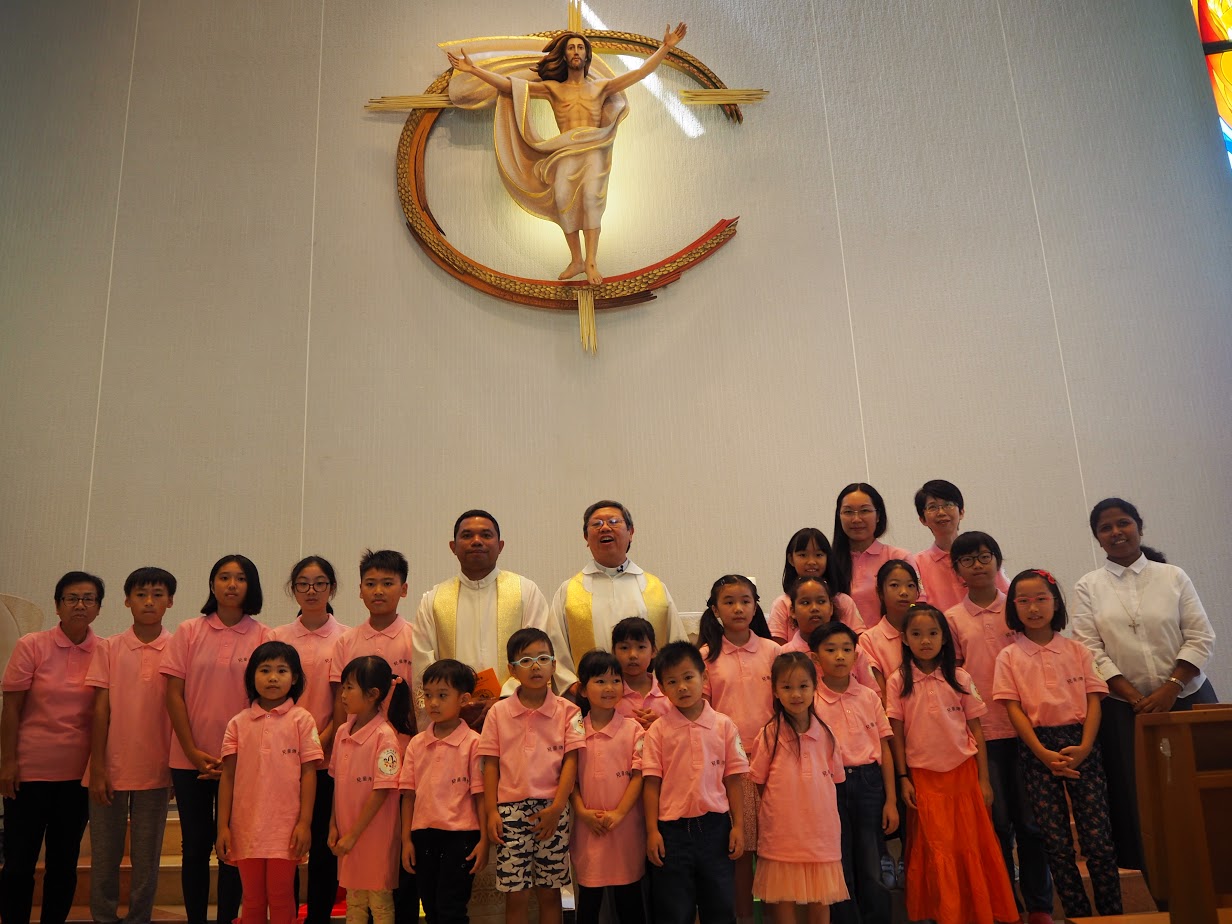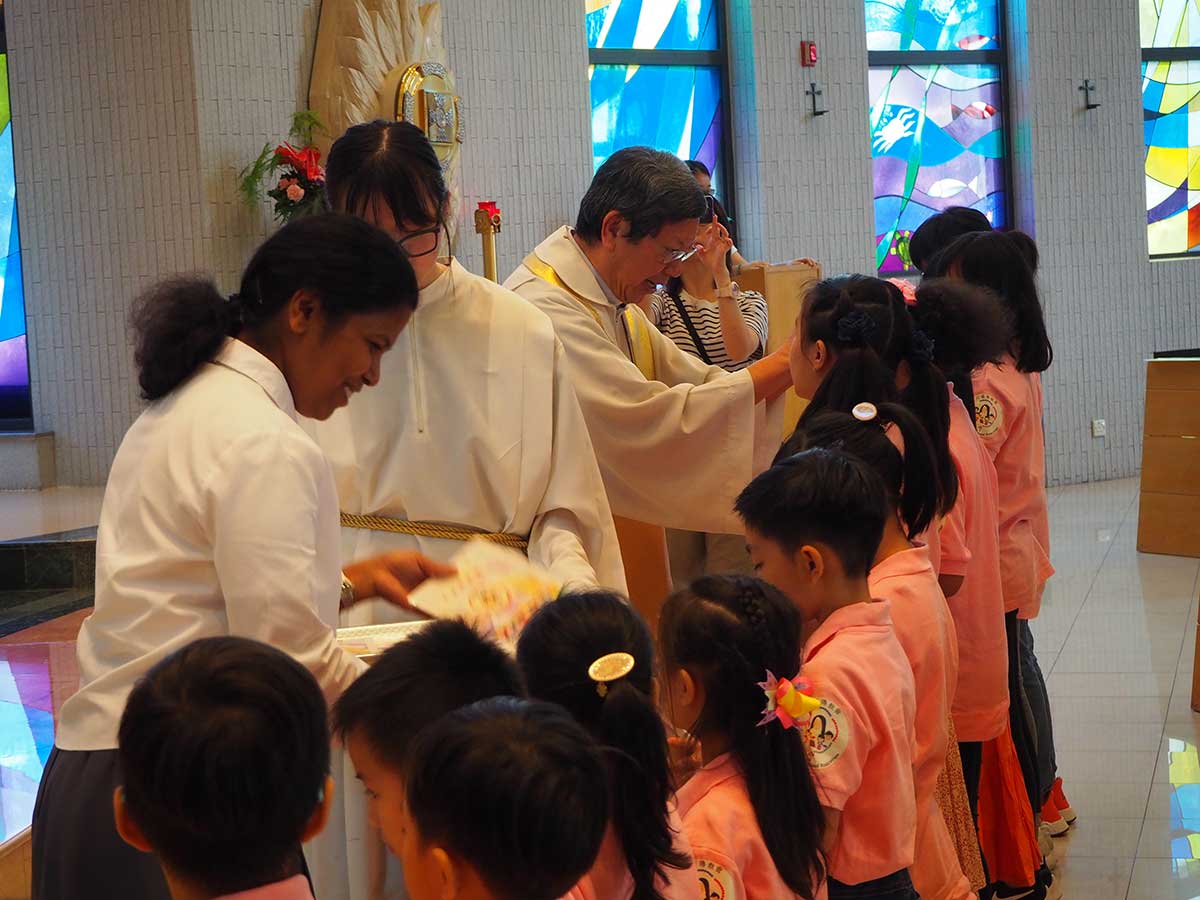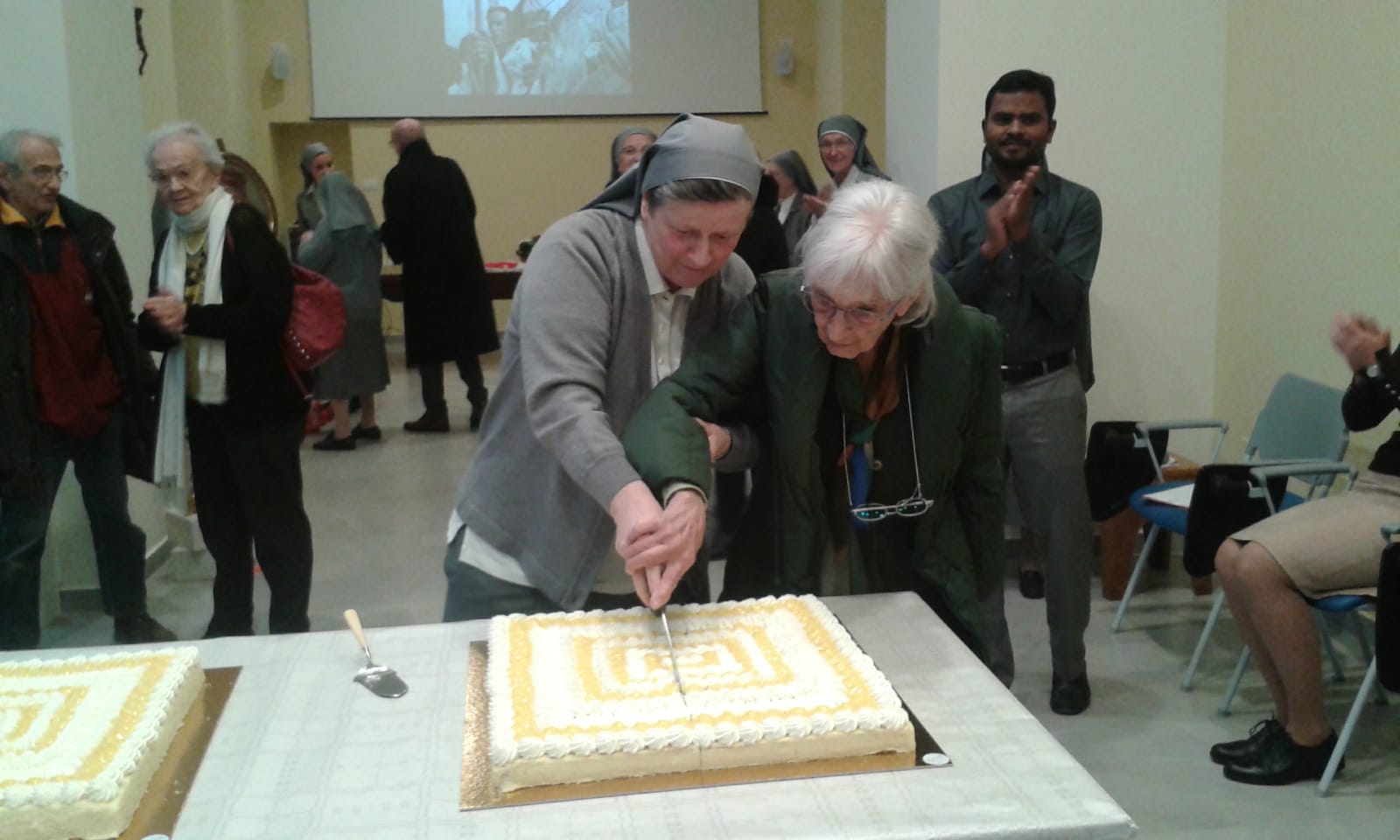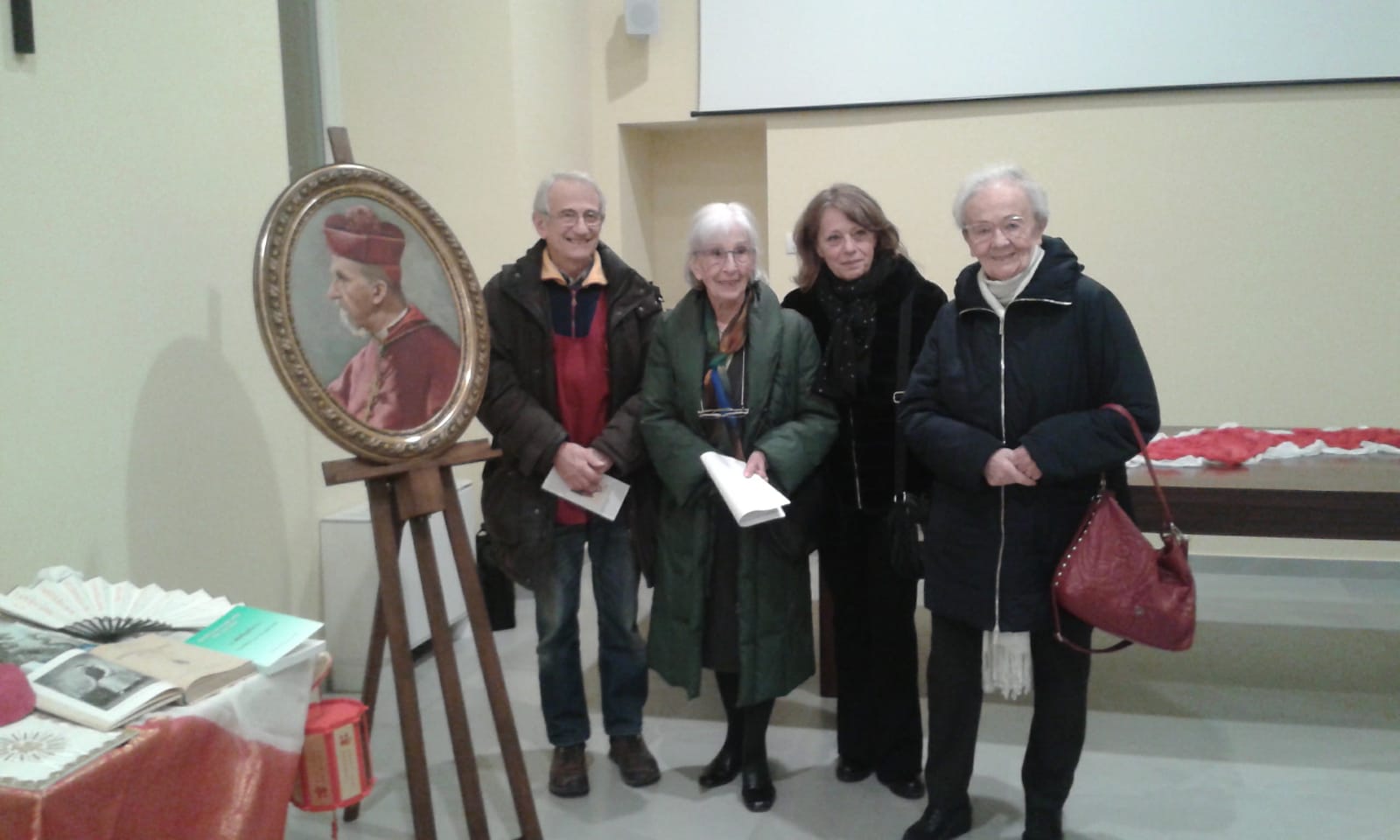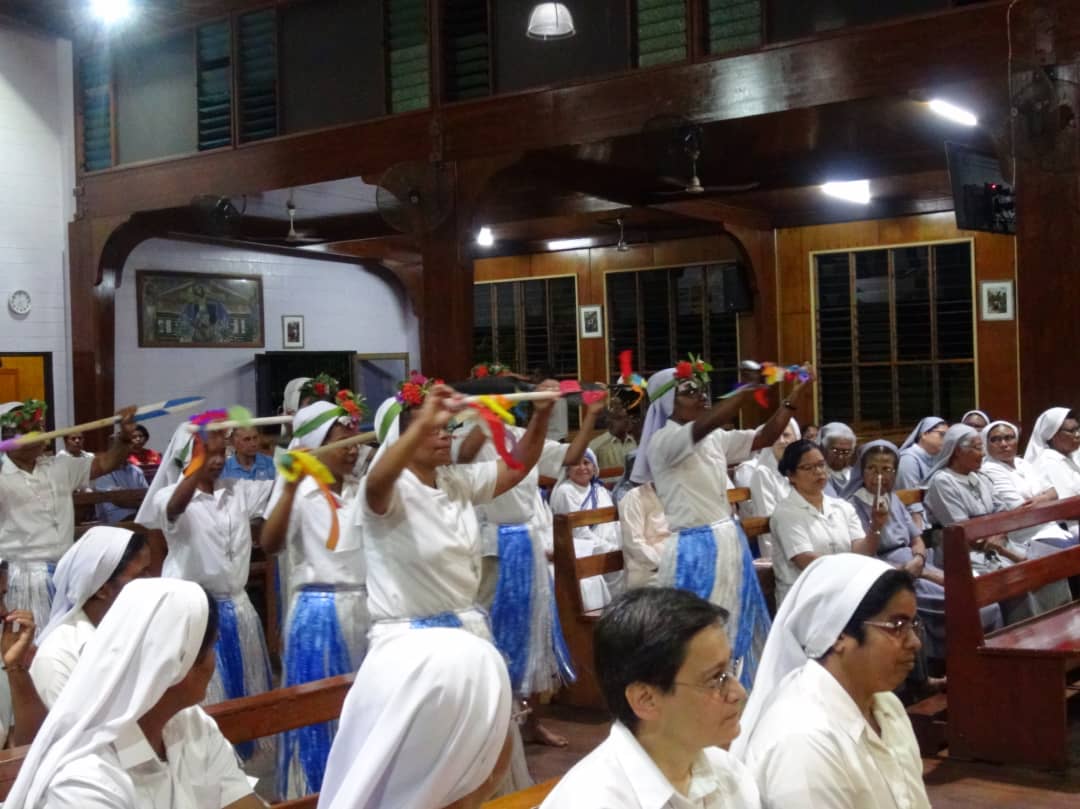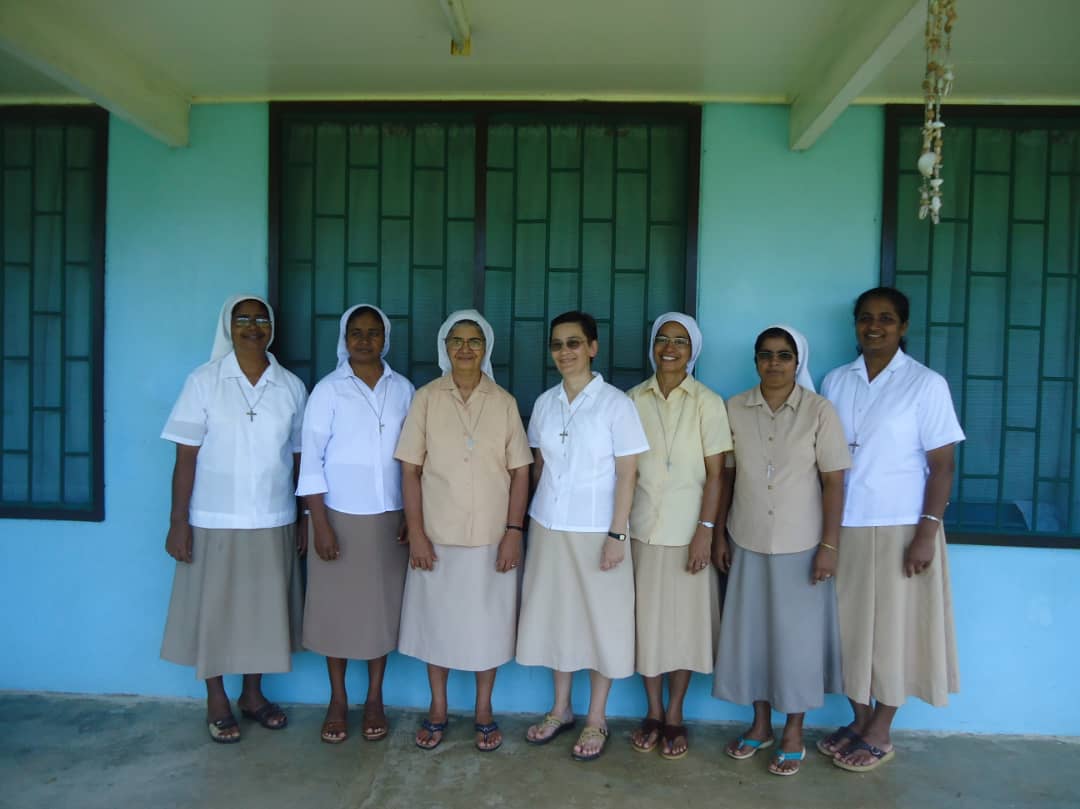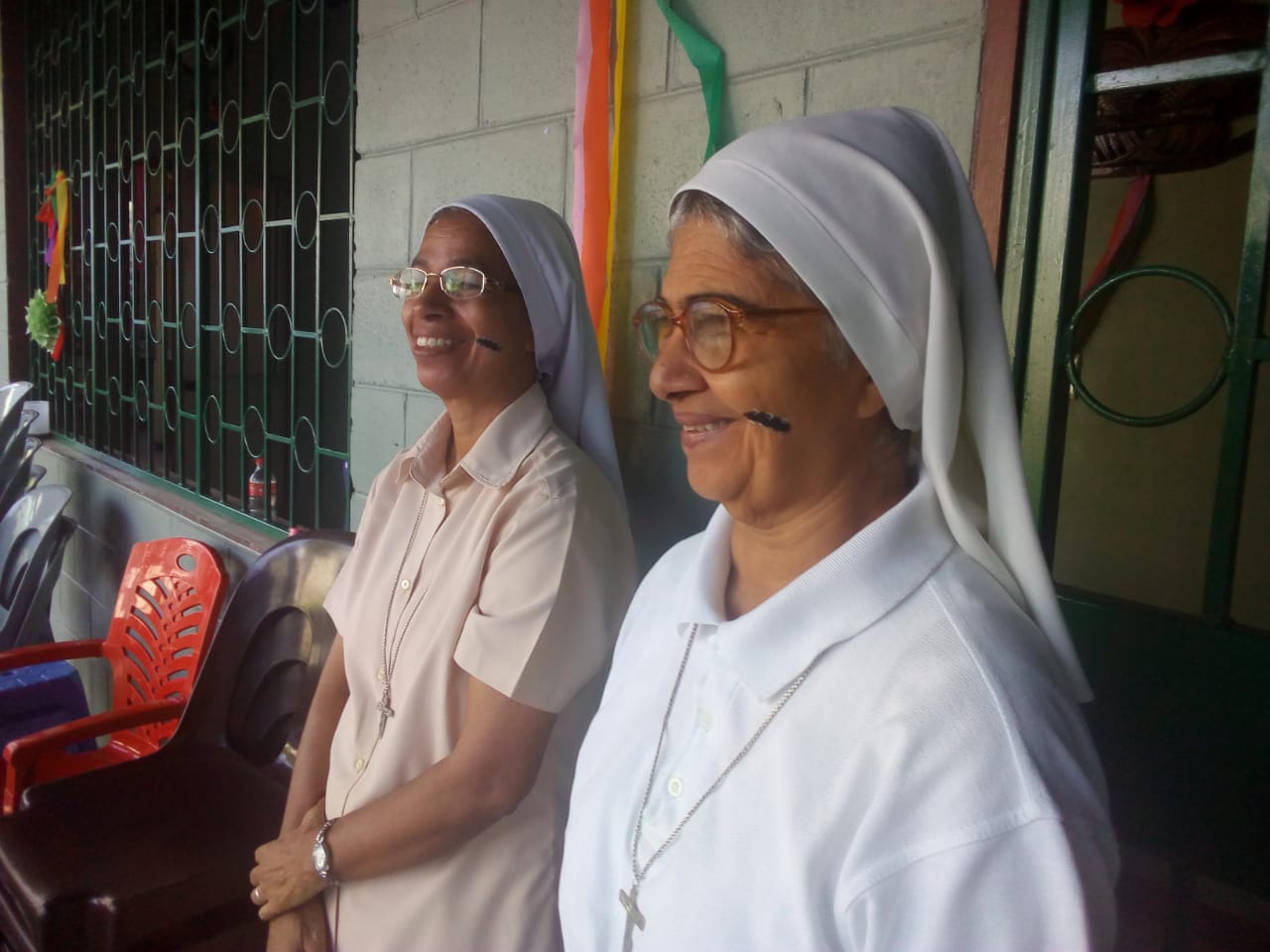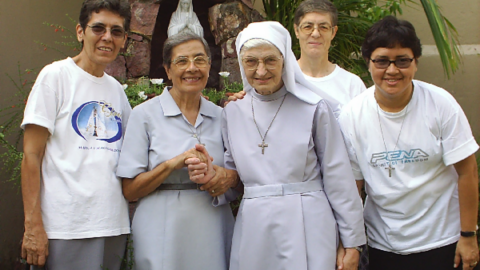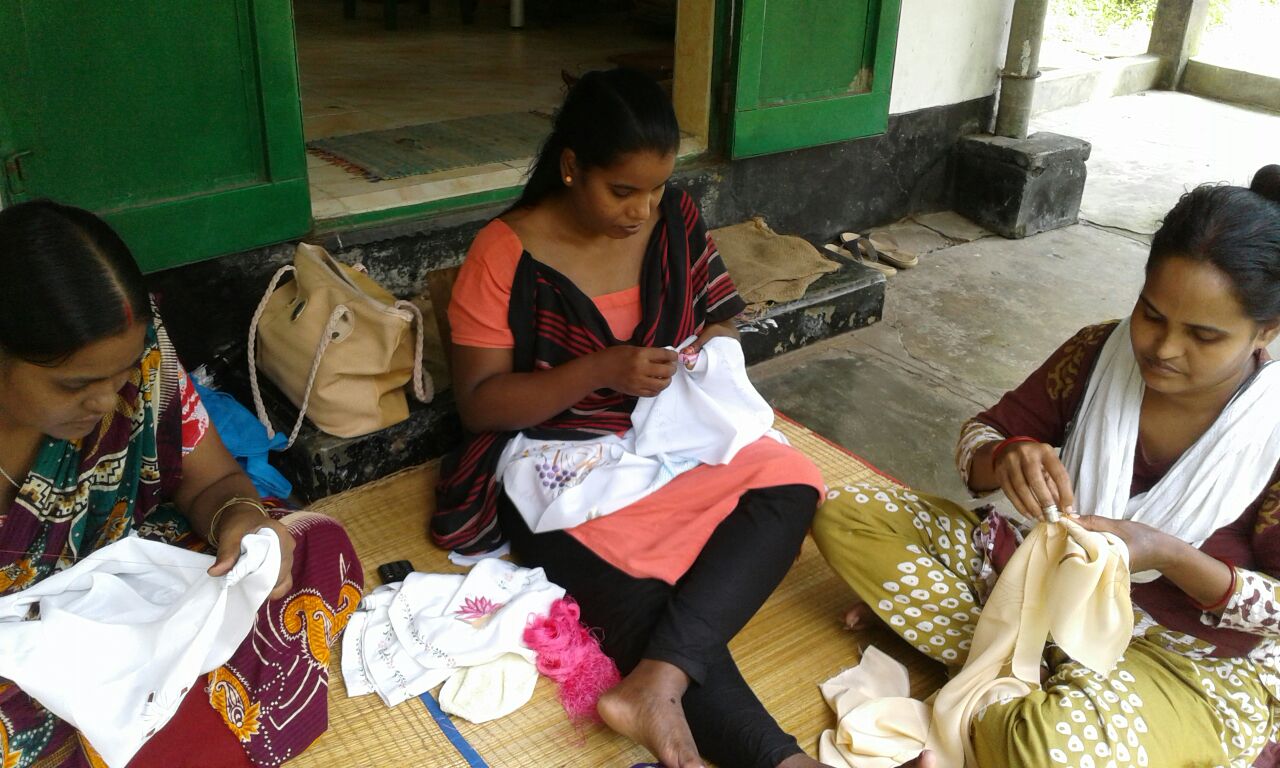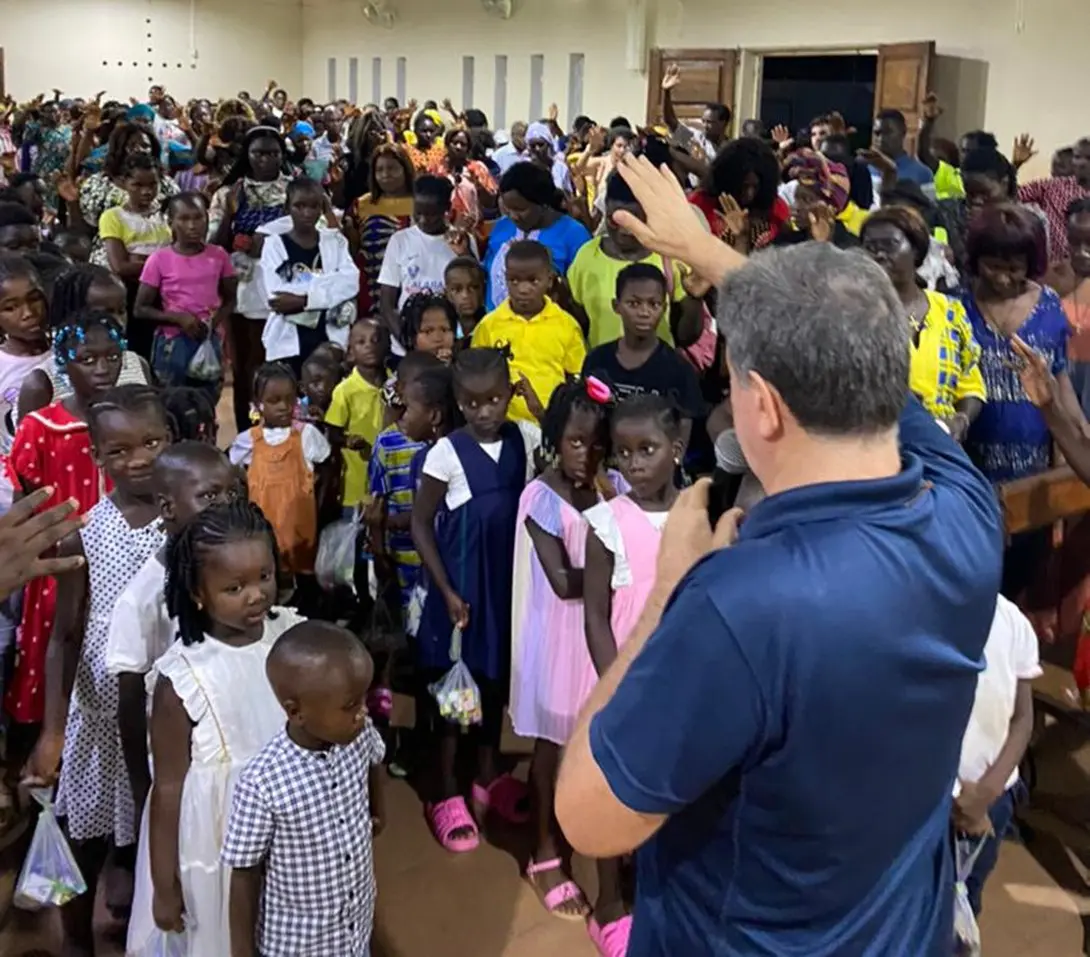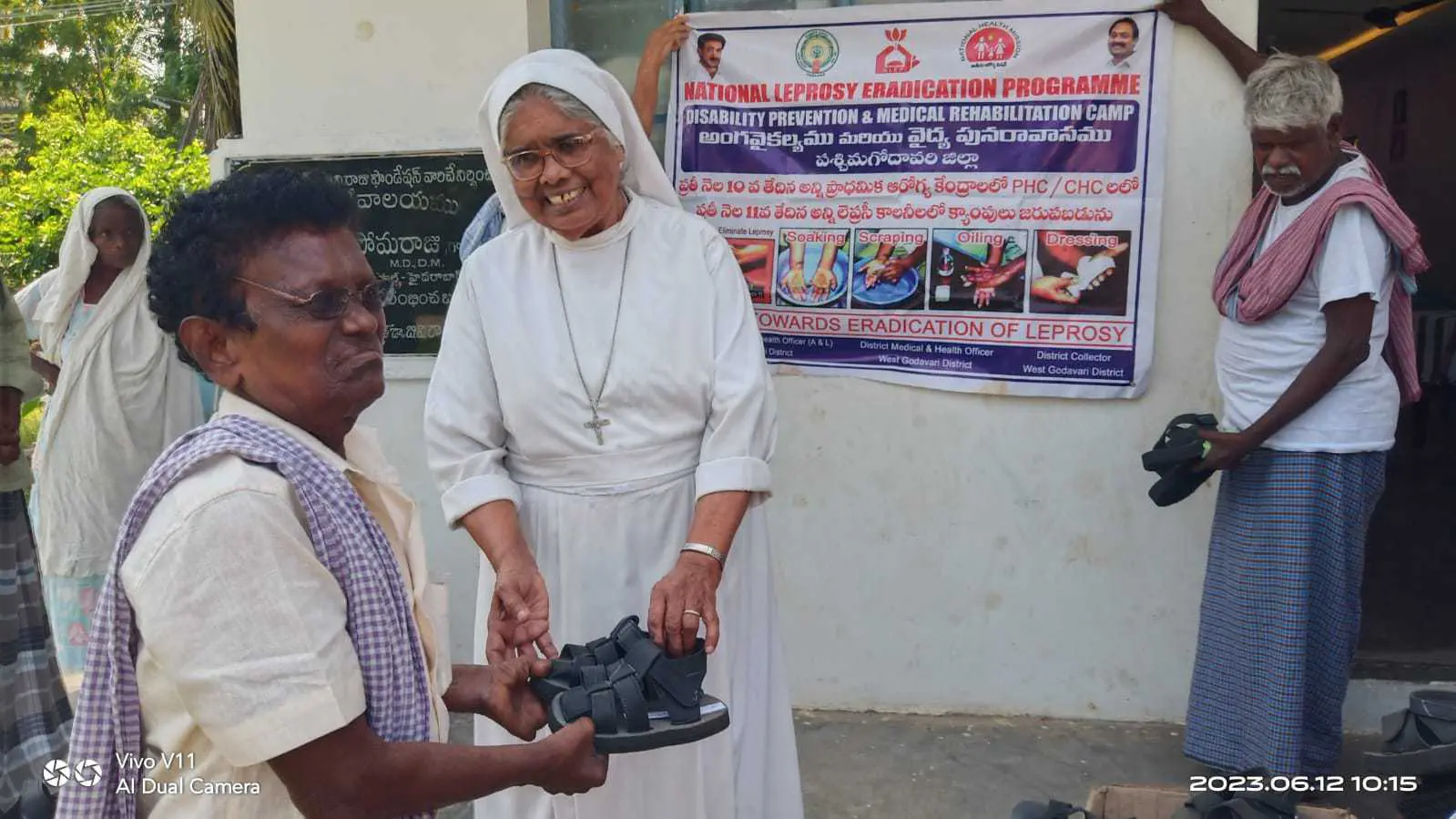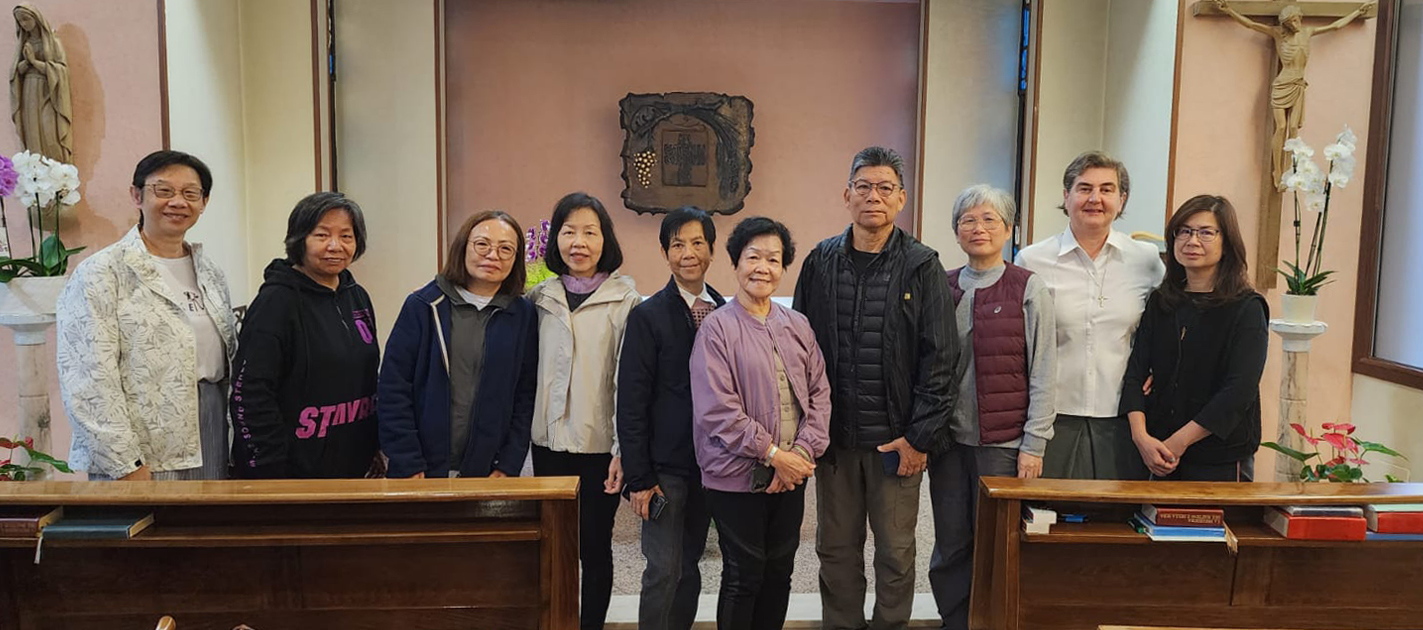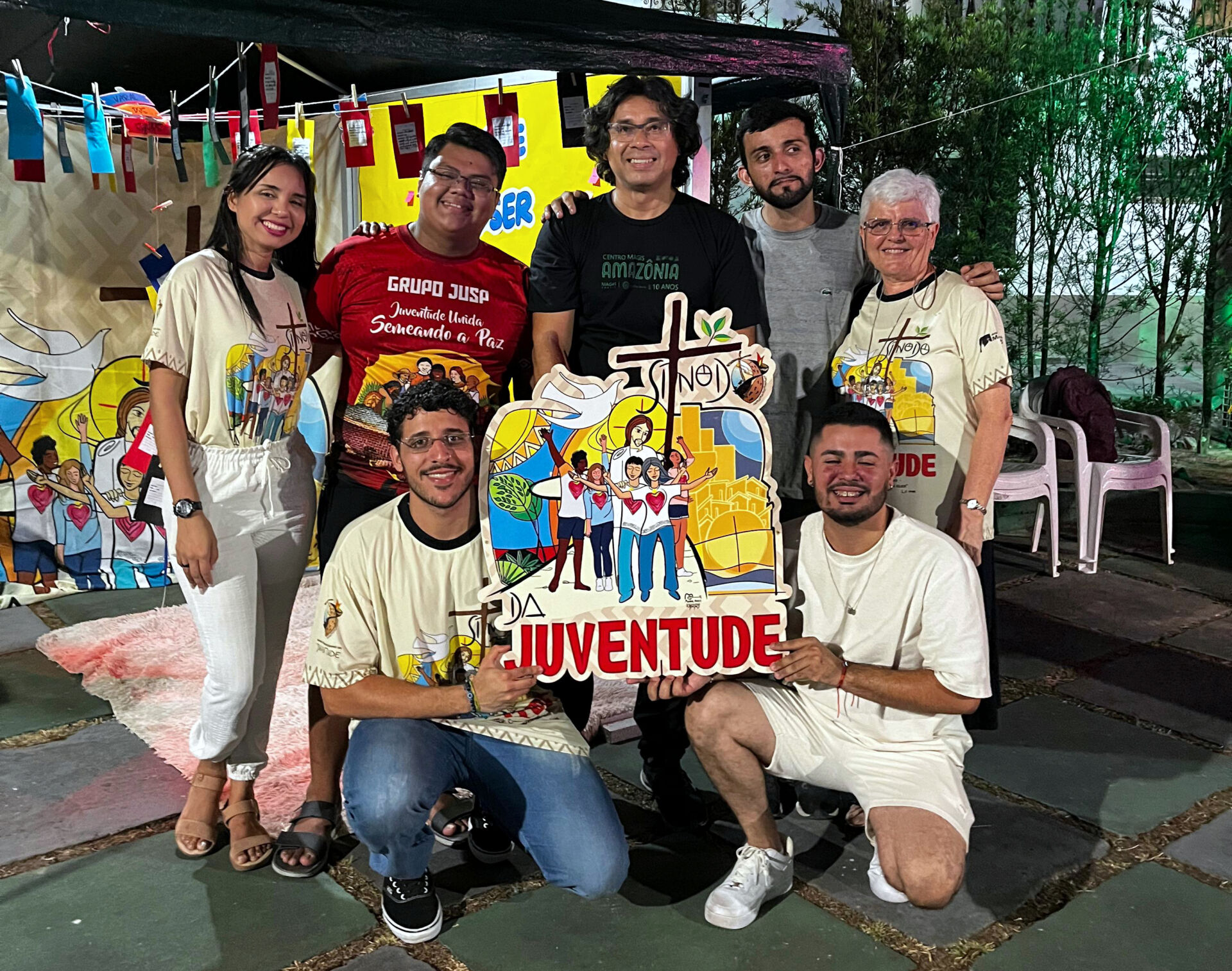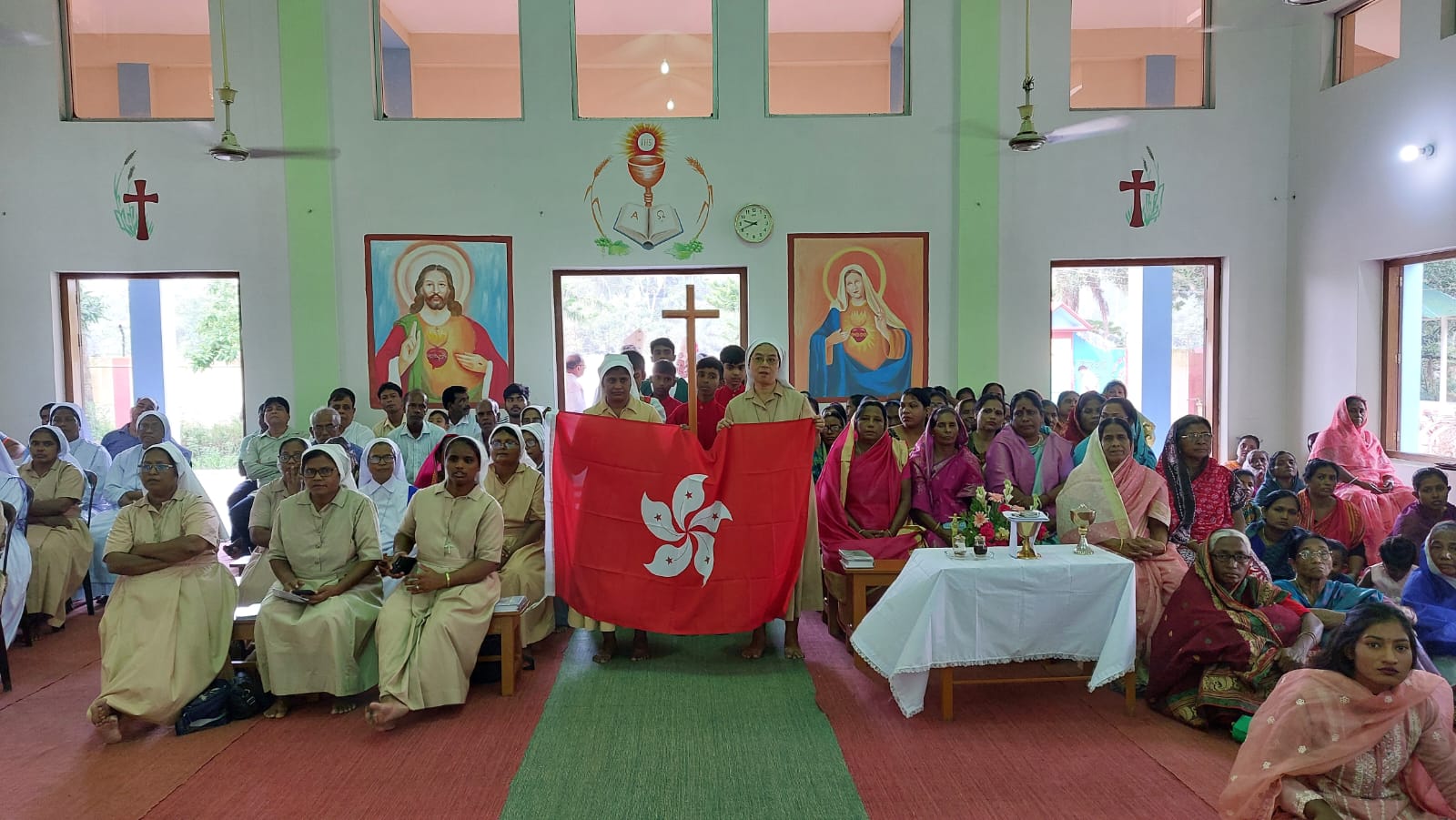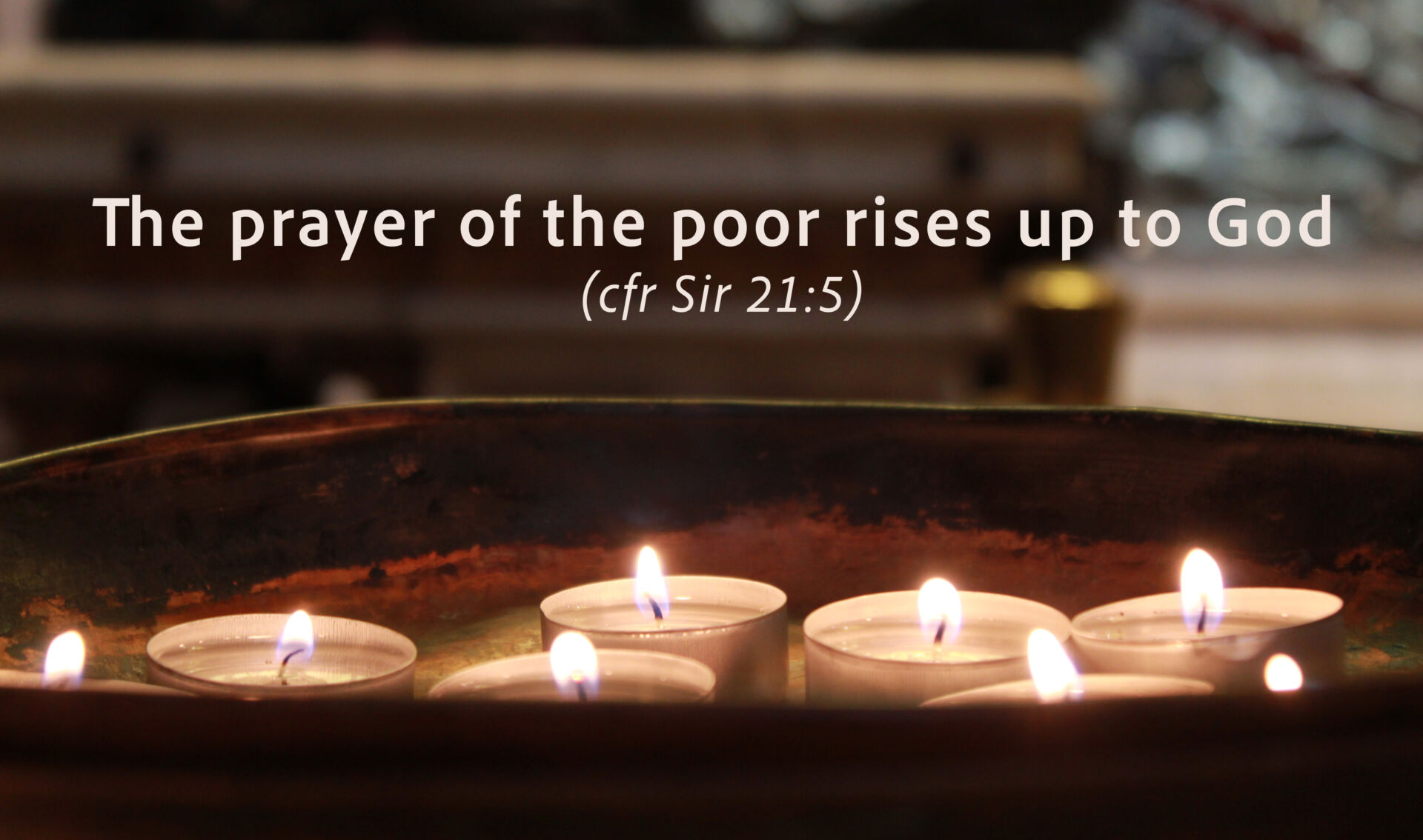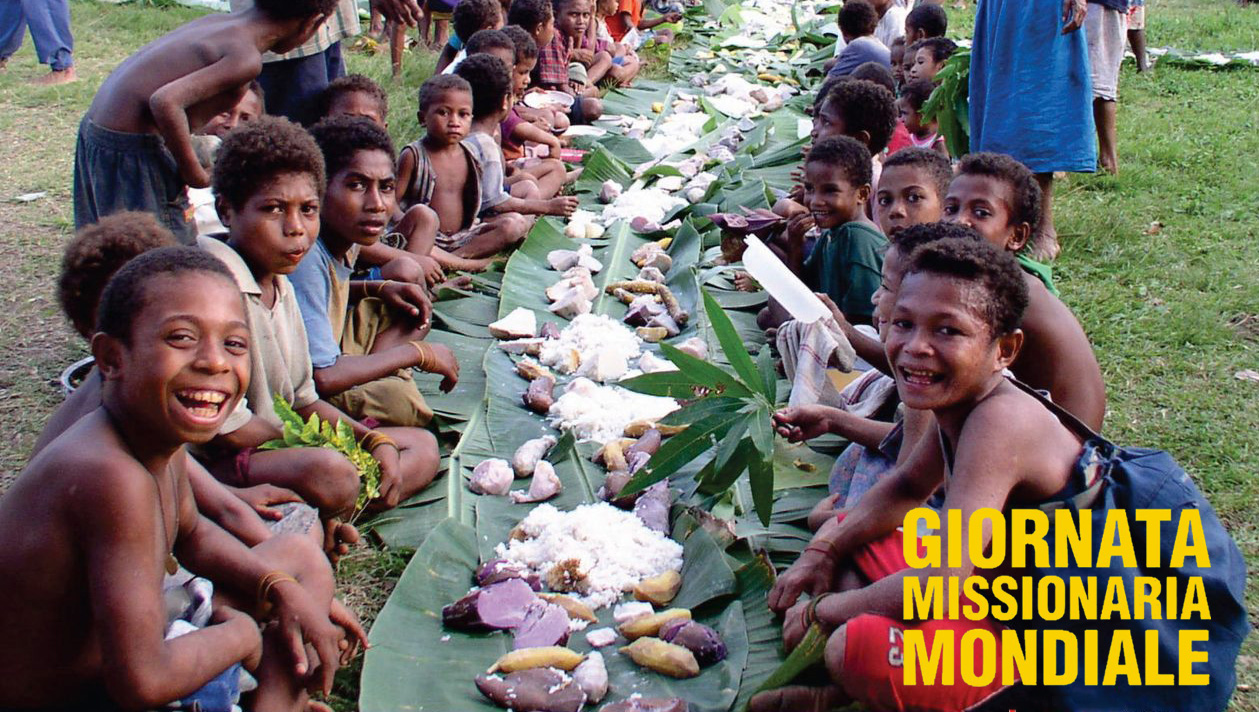Its morning hours, I am in Christ the King sisters’ clinic – Bissau, João a 17 years boy, of class VII, residing next door to our residence, approaches me for medication. I am astonished to see the pathetic condition of his palm, oozing out pus, caused by a bacterial infection as a result from injury – medically referred as a hand abscess! A drainage of the pus is needed. I hunt for anaesthesia, so that I can numb sensation to certain part of his hand and carry out the medical procedures by preventing pain and discomfort to the lad. But to my great dismay I was informed of the fact that the small cases as such, are performed without anaesthesia. I glanced at his tender face, and begun to drill his palm. João starts crying and yelling as the pain was unbearable. I could only silently roll down my tears and pray for him. But to my dismay, no sooner the medical procedure was terminated, João was all smile as if everything was on normal mode. “Resilience at its highest level!,” I exclaimed to myself.
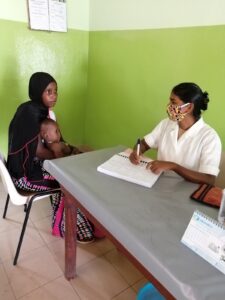 Resilience as I understand is the capacity of a person to adapt to difficult situations and to come out glorious as if all was well. In other words bouncing back victoriously from the obstacles that life throws at us. I am sure João experienced anger, grief, pain and stress both physically and psychologically. However, in an instant he was able to smile without being victimized of the situation. The gift of resilience, assisted him for sure to harness the inner strength and rebound from the pain. If João was lacking resilience, he would have continued crying and yelling, overwhelmed by misery and pain, victimized by the pus on the palm. Resilience did not take away João’s wound, but it certainly gave him the ability to accept life as it comes.
Resilience as I understand is the capacity of a person to adapt to difficult situations and to come out glorious as if all was well. In other words bouncing back victoriously from the obstacles that life throws at us. I am sure João experienced anger, grief, pain and stress both physically and psychologically. However, in an instant he was able to smile without being victimized of the situation. The gift of resilience, assisted him for sure to harness the inner strength and rebound from the pain. If João was lacking resilience, he would have continued crying and yelling, overwhelmed by misery and pain, victimized by the pus on the palm. Resilience did not take away João’s wound, but it certainly gave him the ability to accept life as it comes.
This is not the case of João alone. This is the reality of the majority of the people in Guinea-Bissau. Their Country Motto makes it much clear: Unidade, Luta, Progresso (Portuguese) which means Unity, Struggle, Progress. The philosophy of their life is to struggle and to progress. They highly believe that they are born to suffer, and this mentality is passed from generations to generations. They look at sufferings as part of God’s design in their lives. Simple in faith and in belief they love prayers and their church services are of total submission, pious devotion and faith filled confidence. That is why, however giant the problem seem to be, they welcome it with smile and fight unitedly without any resentments towards God and neighbour.
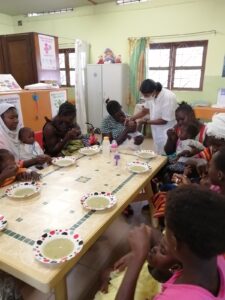 Living amidst them, I too am forced to believe the reality that God manifests His unique love to them. Multitudinous times, the text of the Scripture portrays it that the poor are the chosen people of God. To them Jesus uses a number of terms: “Little ones” (Lk.17:2), “Little flock” (Lk. 12:32) and more. Some of the most curious titles He gives them are found in the passage of the Beatitudes (Mt.5), “the poor”, “the poor in spirit” “the meek” All these titles in Hebrew source are refereed as Anawim. In all the context that the word is found, it is to indicate the poor who are oppressed and who cry to Yahweh for deliverance. Psalm 37:11, “the Anawim shall inherit the earth,” makes it clear that in course of time they will be delivered from the hands of their oppressors. The psalm continues to describe that though the Anawim suffer and are oppressed, yet they should not take vengeance instead they are to trust in God who will deliver justice to them.
Living amidst them, I too am forced to believe the reality that God manifests His unique love to them. Multitudinous times, the text of the Scripture portrays it that the poor are the chosen people of God. To them Jesus uses a number of terms: “Little ones” (Lk.17:2), “Little flock” (Lk. 12:32) and more. Some of the most curious titles He gives them are found in the passage of the Beatitudes (Mt.5), “the poor”, “the poor in spirit” “the meek” All these titles in Hebrew source are refereed as Anawim. In all the context that the word is found, it is to indicate the poor who are oppressed and who cry to Yahweh for deliverance. Psalm 37:11, “the Anawim shall inherit the earth,” makes it clear that in course of time they will be delivered from the hands of their oppressors. The psalm continues to describe that though the Anawim suffer and are oppressed, yet they should not take vengeance instead they are to trust in God who will deliver justice to them.
Consider the political instability, economic crisis, battle against poverty, high infant and maternal mortality cases, low growth rate, malnutrition, food insecurity, crops failure, irregular rainfall, indigent education system, poor transportation, inadequate hospitals, impecunious lifestyle, penurious health and hygienic conditions. Life seems precarious for Bissau Guineans who are enveloped by problems on all sides. But they do not brood over and die in despair. Instead, they trust in God and His promises. They have strength, power and stamina to look beyond the difficulties and to continue to enjoy the beauty of Creator in them. They regard as true, that eventually with God by their side, their problems will slide.
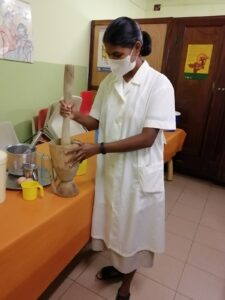 This is exactly what I assimilated from Bissau Guineans and in particular from João. Be my presence in the community, my visits in the villages, my apostolate in the clinic, everything has contributed to think about life positively and to adapt to it easily by facing its challenges. I have learnt, not to shun the hardships, but to decipher and to face them courageously. It’s only when we face the hardships, the virtue of resilience emerges: If I own it, I surmount the hardships and if I disown it, I succumb to the hardships. The seed in our spirituality teaches us this reality. Although buried it may remain under the given circumstances, yet when it rises it enhances life and prosperity. May all of us like João and like the people of Guinea-Bissau have the grace to bounce back to our original state, after being bent or stretched by difficulties and challenges.
This is exactly what I assimilated from Bissau Guineans and in particular from João. Be my presence in the community, my visits in the villages, my apostolate in the clinic, everything has contributed to think about life positively and to adapt to it easily by facing its challenges. I have learnt, not to shun the hardships, but to decipher and to face them courageously. It’s only when we face the hardships, the virtue of resilience emerges: If I own it, I surmount the hardships and if I disown it, I succumb to the hardships. The seed in our spirituality teaches us this reality. Although buried it may remain under the given circumstances, yet when it rises it enhances life and prosperity. May all of us like João and like the people of Guinea-Bissau have the grace to bounce back to our original state, after being bent or stretched by difficulties and challenges.
Sr. Pushpalatha Mulapaka, Guinea-Bissau Delegation


